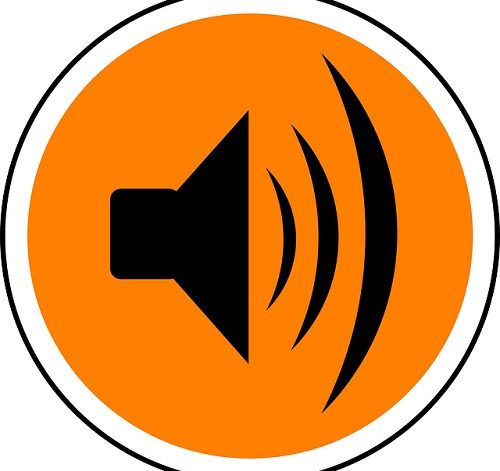INTRODUCTION
Noise Pollution: It is also known as sound pollution or environmental noise. It is often described as unpleasant, unwanted or irritating, or loud sound. It is defined as daily exposure to loud sound that influences or negatively impacts the behavior of humans and wildlife The World Health Organization has set the 70 dB as a safe sound level. The sound levels less than 70 dB are not considered noise pollution.
Sound Levels: The measuring unit of sound levels is the decibel (dB). A sound level above 85 dB is considered a loud sound. The sound level of 120 dB is extremely dangerous for living beings.
Also check out: What Is Light Pollution? – Sources, Effects and Solutions
SOURCES OF NOISE POLLUTION
Sources of noise pollution could be indoor or outdoor. Both sources are mentioned below with examples.
a) Indoors: It includes everyday exposure to sound levels from children playing, home appliances, human speeches, footsteps, etc.
b) Outdoor: It includes sound levels from outdoor activities that are transportation, heavy machines, construction sites, workplace sounds, airplanes, alert sounds, traffic, etc.
EFFECTS OF NOISE POLLUTION ON HUMANS
Generally, excessive exposure to high sound levels may cause heart attacks, colitis, gastritis, high blood pressure, headaches, racing pulse, respiratory problems, etc. Some people suffer depression, anxiety, and strokes due to noise pollution.
Exposure to noise pollution could result in short-term effects and long-term effects. Both are listed below.
1- Short-Term Effects of Noise Pollution: Short-term effects of noise pollution cause a range of health problems. These are speech problems, poor concentration, stress, fatigue, sleep disturbances, etc.
2- Long-Term Effects of Noise Pollution: Long-term exposure to noise pollution causes multiple health complications. These are hearing impairment or hearing loss, cognitive, cardiovascular diseases, tinnitus, etc.
3- Psychological Effects caused by Noise Pollution: Noise pollution is also responsible for psychological effects among humans such as annoyance, violent reactions, personality changes, etc.
CONTROL OF NOISE POLLUTION – METHODS TO REDUCE NOISE POLLUTION
Mood swings due to exposure to high-level sounds affect the working capabilities. It is necessary to prevent oneself from dangerous levels of sounds. Noise pollution can be reduced if preventive measures are followed. There is a number of ways by which noise pollution can be reduced.
- Sound Proofing: Soundproofing installation is one of the ways to reduce indoor noise pollution. The noise coming from outdoor can also be reduced with soundproofing installation.
- Green Cover: Trees absorb noise pollution and reduce air pollution. Increasing green cover can help reduce noise pollution, air pollution, and water pollution.
- Personal Protective Equipment: Occupational or noise at the workplace should be avoided by wearing personal protective equipment.
- Noise Limits: Noise limits should be followed around schools, universities, colleges, hospitals.
- Traffic Management: Heavy traffic causes noise pollution. Traffic should be managed systematically to reduce noise pollution.
CONCLUSION
Noise pollution is the outcome of increasing population, urbanization, and industrialization. It is responsible for various health complications among humans. It also affects the quality of the environment as well. Humans can prevent themselves from exposure to high sound levels by wearing PPEs. Loudspeakers should be banned to avoid permanent effects of noise pollution. A soundproofing system is a good preventive measure to reduce disturbing, unwanted, and loud noises.
Also check out: The Problems of Increasing Noise Pollution in Pakistan
I hope you all liked this post! Please comment below if you have any suggestions, comments, or feedback! We at #envpk love hearing from our readers! Thanks!




